MANIPUR’S BRAVEHEART PAONA BRAJABASHI
GENERAL
Imphal: Any discourse on patriots and patriotism in Manipur invariably highlights the indomitable spirit of Paona Brajabashi, a revered national hero. He courageously led the Manipuri Army against British forces during the Last Anglo-Manipuri War of 1891. Despite facing overwhelming odds in terms of both numbers and firepower, Paona and his 300-strong contingent valiantly defended their land. The battle culminated at Khongjom, approximately 35 kilometers from the capital city of Imphal, where they fought fiercely until the end, refusing to retreat or surrender.
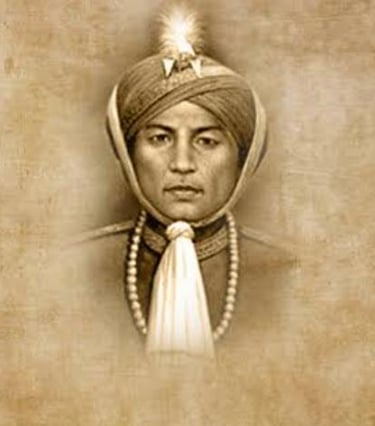

Paona Brajabashi
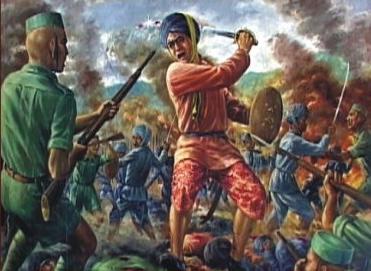

Courtesy: RKCS
Paona's unwavering dedication to honor and valor serves as a poignant reminder of the sacrifices made by Manipuri patriots in defence of their homeland.
To commemorate the historic episode when the erstwhile kingdom of Manipur lost its independence to the British, and to ensure that the courage, heroism, and patriotism ingrained in the Manipuri people of that era continue to inspire the present generation, April 23 is observed annually as Khongjom Day. This solemn state function is observed at Khongjom War memorial with the Governor of Manipur and the Chief Minister, serving as Chief Guest and President respectively.
“Despite giving a spirit of opposition and fighting valiantly, there was no one left standing except Poana Brajabashi, a Manipuri British Army Officer asked him to switch sides and join the British army. But Paona refused. Impressed by his martial arts skills and valour, the British insisted that he switch change luring him with plump post. Paona replied, ‘death is more welcome than treason.’ Saying this Paona took off his protective, magical cloth wrapped around his head gear and asked the British Officer to behead him,” Kachingtabam Hemchandra, a Thang-Ta exponent describes Paona’s heroism on the battlefield of Khongjom.
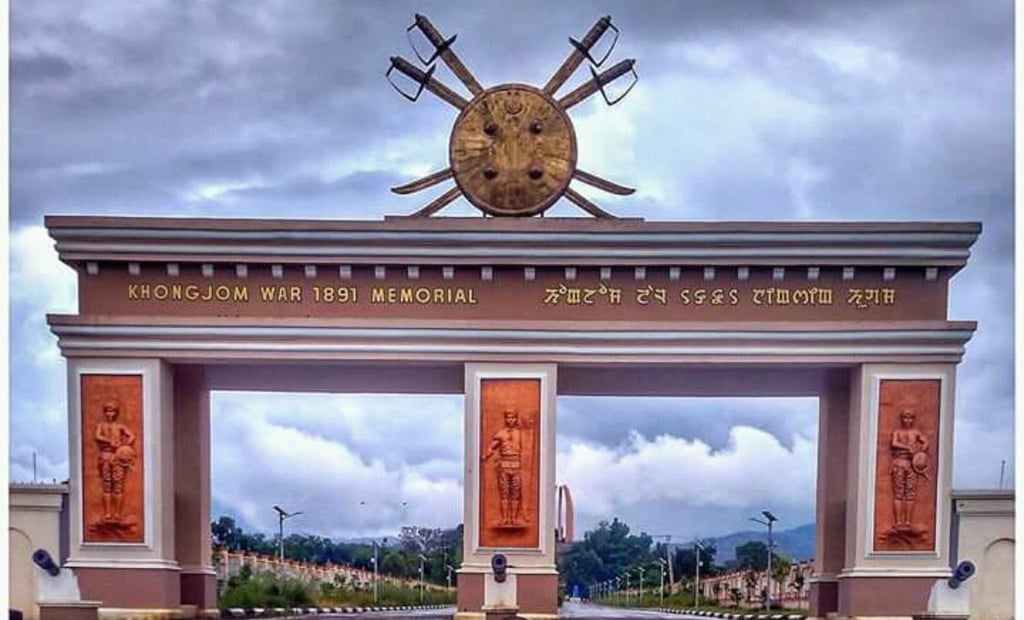

Manipur maintained its sovereignty until the British occupation following the 1891 Khongjom War. After this conflict, the British established a significant presence in Manipur, consolidating their control over the region.
Internal crises and seven years of devastation from 1819 to 1826, inflicted by Burma, forced the rulers of Manipur to seek assistance from the British in reclaiming their kingdom. Aligning with Prince Gambhir Singh, the British aided in driving out the Burmese during the first Anglo-Burmese War (1824 - 1826). This collaboration resulted in the restoration of Manipur's sovereignty, with Gambhir Singh appointed as the titular King
The 1891 Anglo-Manipuri War, also referred to as the last War of Independence, arose due to the internal disunity among the Manipuri Princes following the death of Maharaja Chandrakriti. This conflict was exacerbated by the pervasive and intolerable interference of the British in the affairs of the Kingdom, especially during the reign of Maharaj Surchandra Singh.
Despite being surrounded by British forces attacking from three sides - Silchar, Kohima, and Tamu (Myanmar) - the spirited resistance displayed by the Manipuris has become legendary for its patriotism and valor.
Manipuri soldiers was led by Paona Brajabashi, who was called back from retirement to confront the enemy columns, which possessed the tactical advantage of 20-pounder mountain guns. In an effort to repel the advancing enemy, Paona urgently requested cannons through a messenger. Despite three repeated requests, the requested artillery never arrived. Recognizing the grim reality of their situation, Paona and his men understood the futility of their efforts. Nevertheless, instead of retreating, they resolved to bravely resist the British advance.
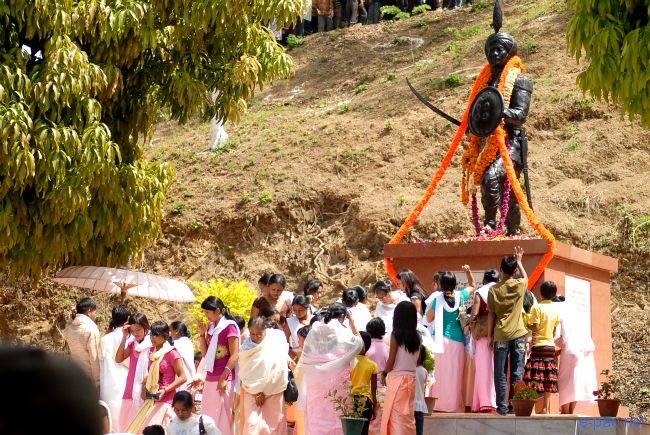

With the iconic war cry, "Fellow citizens and countrymen, the enemy's shells may reach our camp, but ours cannot reach theirs. The field guns have not arrived either. It would be shameful to die while fleeing. Death is inevitable for us now. But we will never retreat." With these resolute words, Paona charged into battle, wielding two swords in hand-to-hand combat against the British forces. Surrounded by enemy soldiers, Paona fell on the battlefield. Thus, at the Battle of Khongjom, Manipur lost its independence.
In the gallantry recommendation of FM Rundall, Captain of the 4th Gurkha Regiments and Commander of Affairs of Sapam, Khongjom, dated April 29th, 1891, it is written: "In conclusion, I would like to express that many of the seasoned soldiers, who have witnessed extensive combat in previous campaigns, have informed me that they have never witnessed nor participated in a battle where such a resolute and tenacious resistance was demonstrated.”
Paona Brajabashi, originally named Paonam Nawol Singh, was born on December 20th, 1823, to Paonam Tulsiram and Haobam Kunjeswari, during a time of political turmoil. His father held the position of Laipham Lakpa, the head of Laipham Panah. It was later in his life that he acquired the title "Paona Brajabashi.”
At the age of 7, Paonam Nawol was introduced to Manipuri martial arts traditions under the tutelage of Major Loma Singh Longjamba, a respected authority in martial arts and warfare techniques. Recognizing his talent and dedication, his mentor imparted to him the full breadth of his military expertise, including secret warfare tactics acquired over his long career. Additionally, Paonam learned various martial sports such as riding, fencing, and freehand combat from his maternal uncle, Major Athouba Haobam Binod, who adopted him following the death of his father in 1850.
Determined to further his martial arts education, Nawol remained in Vrindaban after performing his father's rites of passage. There, he studied the martial traditions of Upper India under prominent masters in Banaras. After completing his studies, Nawol returned to Manipur and commenced his military career as a junior officer in the King's army in 1856, at the age of 23.
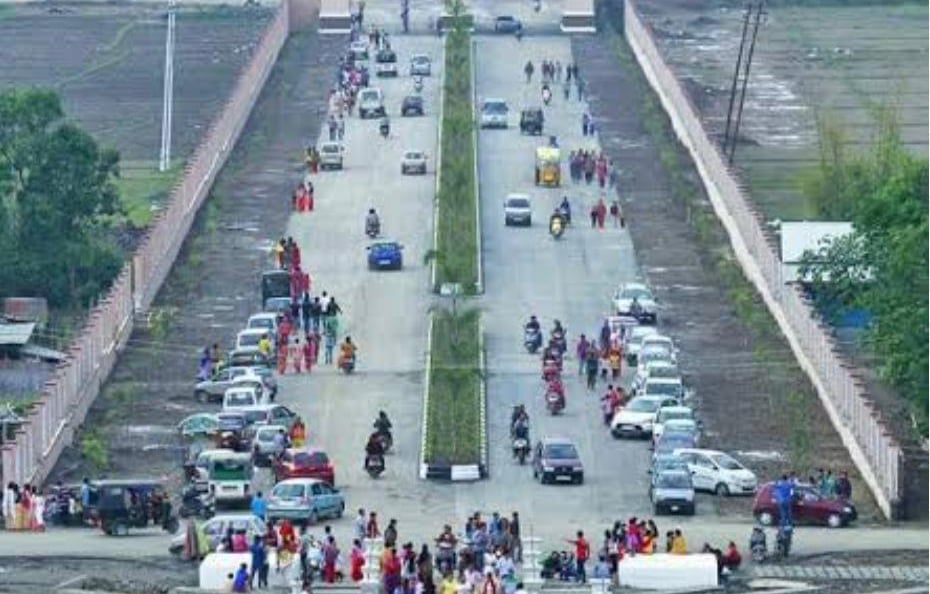

For his valiant actions during the expedition to suppress an uprising by the Akam tribe of Chin Hills, Nawol was promoted and earned the title of Subedar Paona Brajabashi, bestowed upon him by Maharaj Chandrakriti whom he saved during an ambush on the expedition. Paona Brajabashi further distinguished himself in numerous other expeditions, including the 1879 campaign against the Angamis, undertaken at the request of the British
At the height of his military career in 1886, Paona Brajabashi made the decision to retire from the royal army. He was deeply troubled by the increasing interference of the British in the administration of the state. Having spent seven years in Uttar Pradesh, he had witnessed firsthand the British administration and their treatment of colonial states in India. This experience left him disillusioned, and he could not bear the thought of becoming subservient to the British.
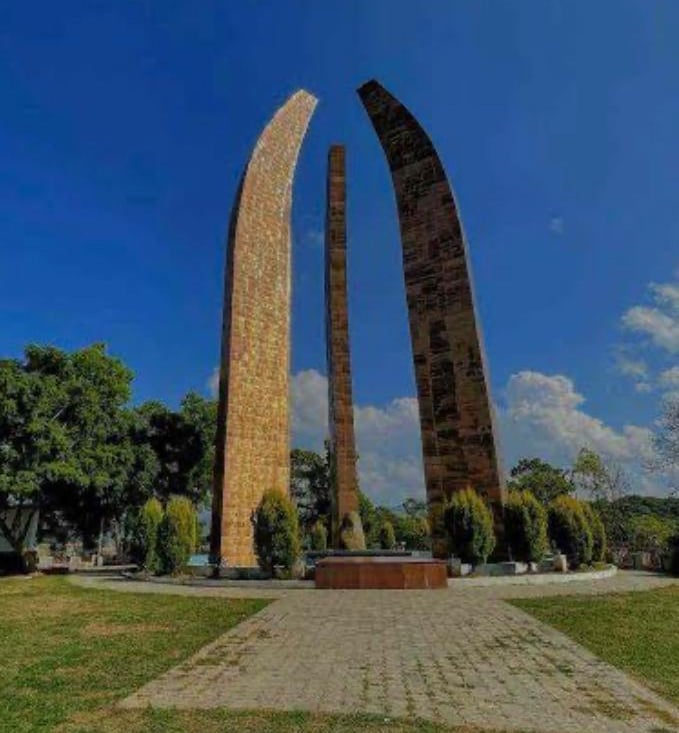

Despite being retired, Paona Brajabashi was promoted to the rank of Major and his expertise in handling cannons was utilized during the pivotal Battle of Khongjom. It was during this crucial battle that he made the ultimate sacrifice, laying down his life for the motherland.
Thus, the tiny kingdom of Manipur confronted the mighty empire on whom the "sun never sets" and tragically lost its independence. The sacrifice of Paona Brajabashi and countless other heroes must not be forgotten. Freedom is invaluable and should never be traded or compromised under any circumstances. The liberation from British rule was achieved through a prolonged struggle, during which thousands of freedom fighters made the ultimate sacrifice. Their courage and dedication serve as a testament to the importance of preserving and cherishing the hard-won freedoms we enjoy today.
